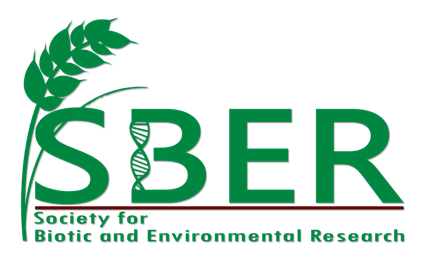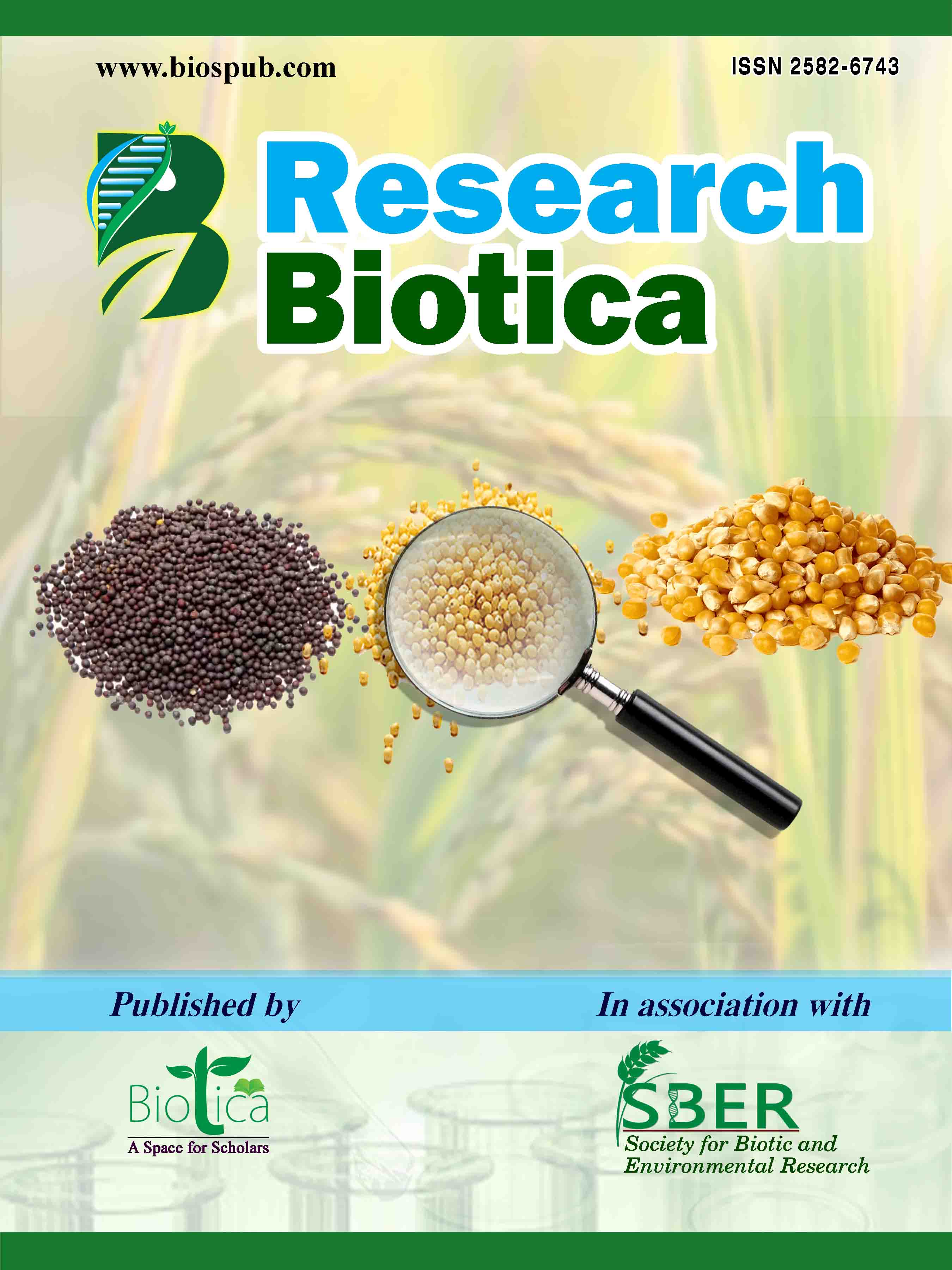Composting of Mango Wastes
Keywords:
Carotenoids, Cowdung, Mango peels, PolyphenolsAbstract
India is world’s largest produced or mango (approximately 21 million tonnes). During the processing of mango, voluminous of solid and liquid wastes are generated. Mangoes are called the “King of Fruits" for its taste, nutrients and uses. The solid waste comprised of mango peel, stones, stalk, trimmings and fibrous materials constitute about 40-50 percent of total fruits waste of which 12-15 percent is peel, 5-10 percent is pulper waste and 15-20 percent is kernel. Significant quantities of mango peel are to be composted in a hot composting system is recommended by using fresh cow dung (3:1 ratio; 3 parts mango peel or waste : one part water) and 2.5% Urea dissolved in water. The compost heap is turned once in a week and should maintain 50% moisture. The manurial value of mango waste compost shows around 1.5% Nitrogen, 0.40% Phosphorus and 1.4% Potassium.









 |
|